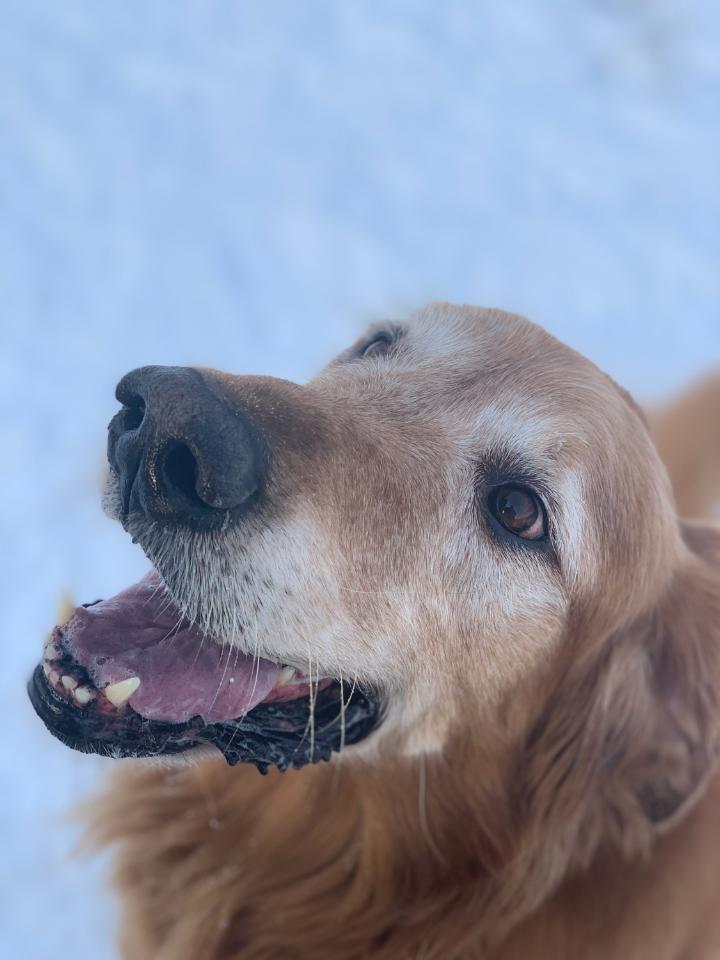Winter Tips For Your Pet
By Dr. Abby Soderberg, DVM – ZimmVet-763-856-4848

The winter season and -20 below wind chill is fast approaching. Here are some ideas to keep your pets safe this cold winter season:
- Some dogs are more susceptible to the cold than others. Short-coated, thin, sick, elderly, or very young dogs can get cold more quickly so adjust the amount of time they spend outside.
- Just like in humans, any temperature below 32 degrees Fahrenheit can cause frostbite in our pets. If it’s too cold outside for you it’s too cold outside for your pets.
- If your pet allows clothing, bundling them up before going outside can help prevent hypothermia.
- For pets that do not tolerate boots on their paws you can apply Vaseline or Musher’s Secret to provide an invisible barrier between your dog’s paws and the environment.
- When walking your dog, keep yourself and your dog safe by wearing reflective gear (clothing, leash, collar, etc) and keeping your dog close when walking on the street. Avoid walking your dog on frozen lakes and ponds. Your dog could be seriously hurt if the ice breaks.
- Only take your pets in the car if it is necessary and never leave them unattended as cold cars are just as dangerous as hot cars in the summer.
- Keep your dog’s paw hair trimmed short to prevent snow and ice accumulation
- Clean your dog’s feet after they come in from outside to remove any trapped ice, snow, or toxic chemicals such as de-icers or antifreeze and prevent them from licking it off and becoming sick. When wiping off your dog’s paws, remember to check for signs of injury, such as cracked or bleeding paws.
- Purchase pet-safe de-icers for an extra level of safety.
- Be cautious with anti-freeze as this chemical is toxic to dogs. Antifreeze attracts cats and dogs because it is very sweet to taste, but it is extremely poisonous and can cause serious illness or death when ingested. Be sure to clean up any antifreeze that spills in your garage, and keep the bottle somewhere your pets cannot access.
- Cats often sleep in the wheel wells of cars during the winter months to keep warm. Look in your wheel wells or honk your car horn before starting your car to prevent serious injuries.
- Our pets are usually less active in the winter months and are more prone to gaining extra un-necessary weight during this time. Talk to your local veterinarian if you would like their help in calculating a winter diet.
Disclaimer: This written content is meant to be educational and is not medical advice. Always consult a veterinarian about medical advice for your pet.


